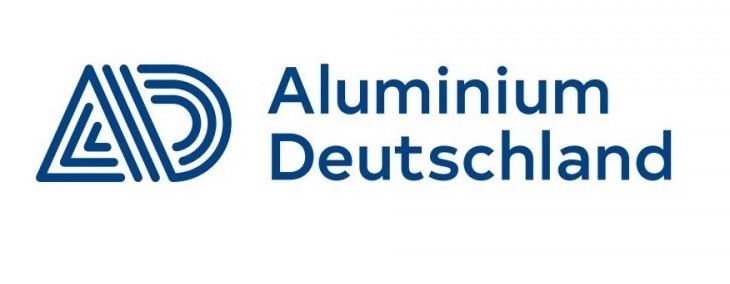

Aluminium Deutschland (AD), a German packaging company, has identified loopholes in the EU's Packaging and Packaging Waste Regulation (PPWR). The regulation, drafted in 2022, stated that promoting the use of recycled materials in packaging is one of its objectives.

However, AD notes that the anticipated legislation does not include explicit objectives for using recycled materials for other commodities, such as metals. AD partially explains this by saying that the European Food Safety Authority (EFSA) is slow to approve polyolefin recycling procedures.
With a few exceptions, the legislation mandates that starting January 1, 2030, each plastic packaging unit must include a specific minimum quantity of recycled materials made from post-consumer resin (PCR).
"The fact is, however, that the demand for high-quality aluminium and plastic recycling material needed for the production of packaging exceeds the supply by far. The race for these materials is on, worldwide," said Clemens Behrenbruch, Chairman of AD's tubes, cans and impact extruded parts division.
"Accordingly, the current suppliers of food-grade PCR-polyethylene can more or less dictate the conditions in an oligopolistic market structure. The material costs for packaging manufacturers are correspondingly high," added Behrenbruch.
The firm continues by saying that there are now only a very small number of providers in Europe that can offer recycled polyethene (PE) made from PCR materials that can come into contact with food.
According to AD, a more uniform approach to package recycling and developing a suitable regulatory framework in Europe that supports the financial viability of recycling operations and investments in technology and supply logistics would help ease the scarcity of recycled materials. To safeguard the PPWR and the foundation of the internal market, 120 European packaging industry partners signed a united letter to the EU in April 2023.
Responses








